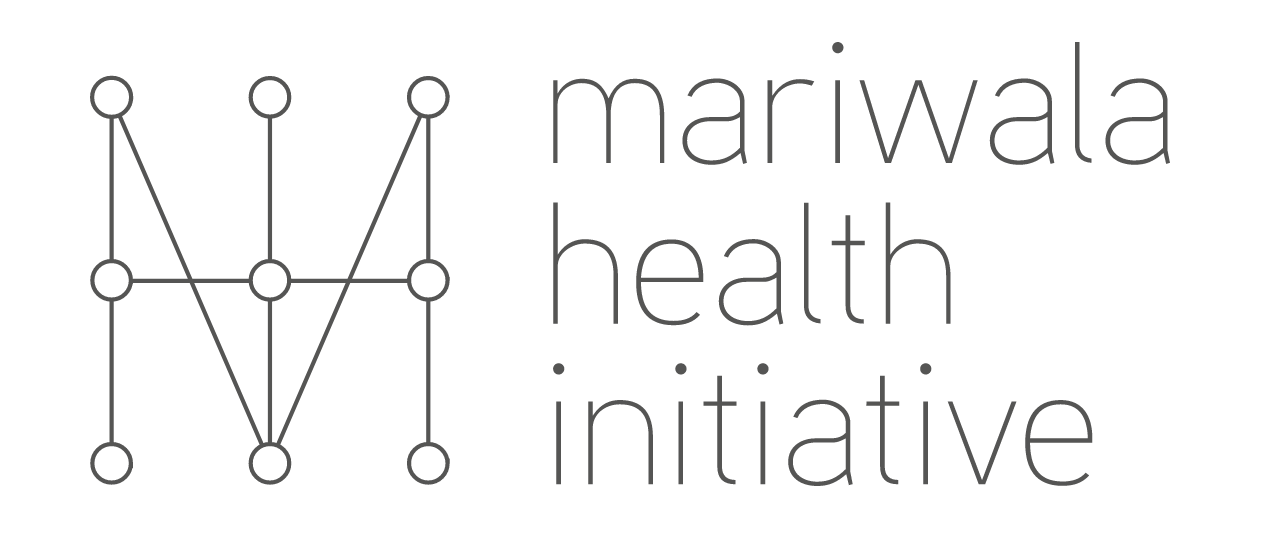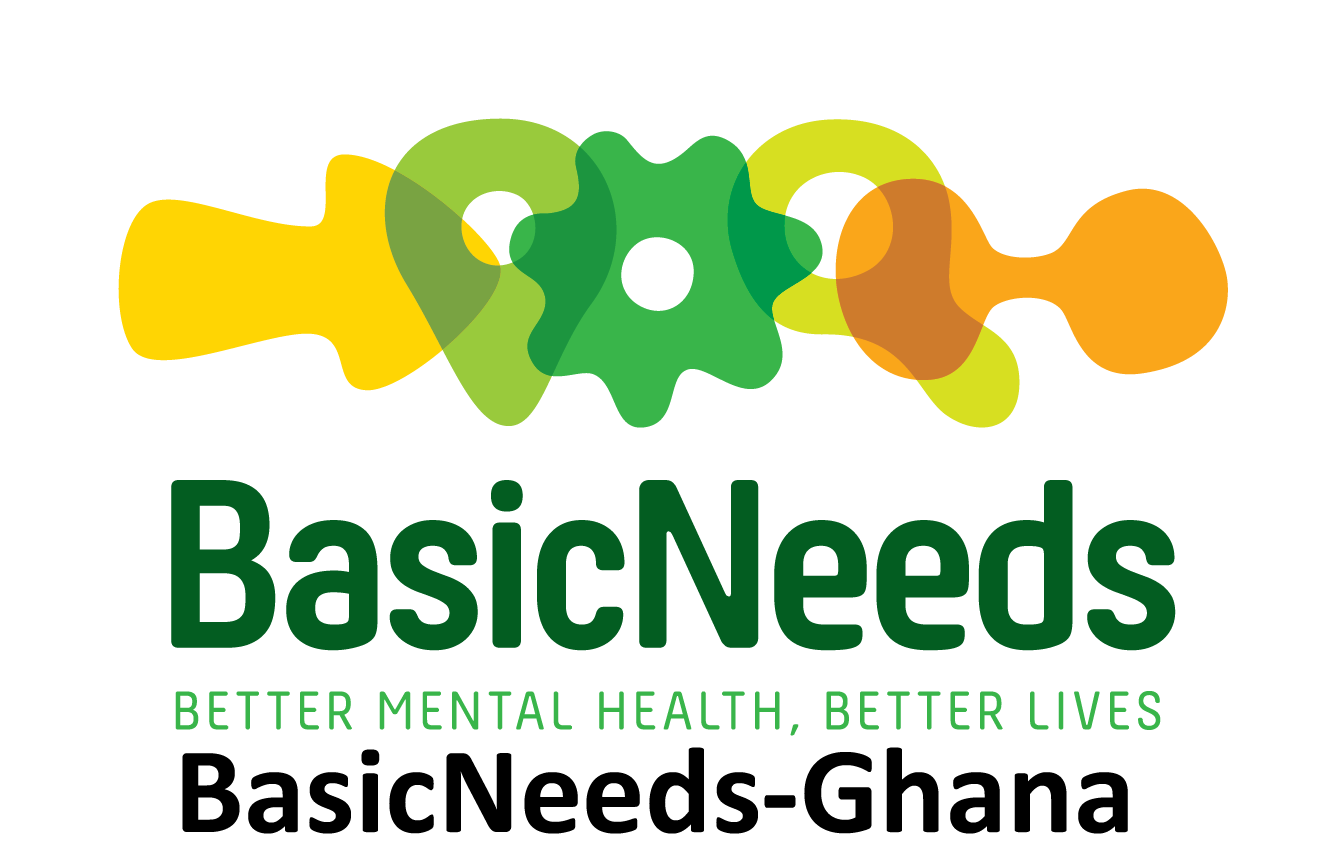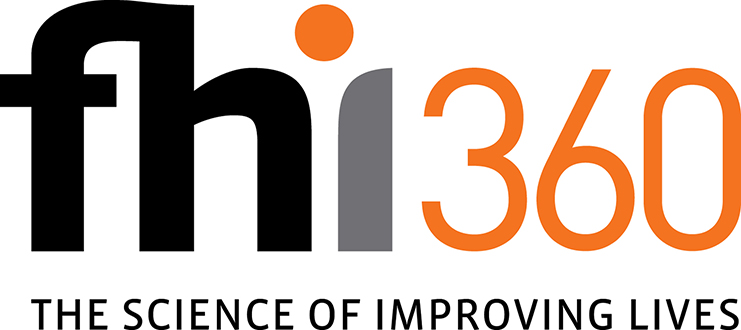Episode 1 – Rethinking Mental Health: Health care from the inside out
Welcome to the first episode of the HIV Reimagined podcast, a new informal space where discuss the big and small changes in health service delivery and meet service users, programme implementers, and experts from around the world. Our studio guests and contributors are not only highlighting lessons from HIV programmes, but also featuring the insights and innovations that are making health care better for all.
In this first episode, our conversations focus on mental health programming and practice. Dr. Shaffiq Essajee – host of HIV Reimagined and Senior Advisor at the HIV and AIDS Section, Health Programme Group, UNICEF – speaks to Raj Mariwala and Peter Badimak Yaro about how mental health is perceived, the needs and challenges for mental health programmes in their respective regions, and the changes they have seen in the field through their careers.
Raj Mariwala is the Director of the Mariwala Health Initiative, which is an advocacy, capacity-building and grant-making organisation based in India focused on accessible mental health for marginalized communities. Peter Badimak Yaro, a social development worker and public mental health specialist, is the Executive Director of BasicNeeds-Ghana, a mental health and development advocacy organisation.
The studio guests discuss the stigma surrounding mental health and access to mental health care, changes needed in policies and programmes, the impact of community-focused initiatives, the need for integrated physical and mental health services, and much more.
Features
Mary Wadzanai Munetsi, Implementation Manager at the Friendship Bench, Zimbabwe
What if a grandmother in your community was trained to provide talk-based therapy? The Friendship Bench took a page out of peer support models and added the cultural context to train community members, ‘grandmothers’, to provide Cognitive Behavioral Therapy and Problem Solving Therapy. The programme was designed with comprehensive community research and proven interventions in mental health to specifically create safe spaces within a community.
Read more about the Friendship Bench’s impact and evidence. To find more resources and keep up with news about the Friendship Bench, sign up for its online community.
Noor (name protected), a young queer individual from the Middle East and North Africa region
When an individual must lie to a health worker about their identity and mental health needs, they are likely not receiving the support and care they need. This was Noor’s story before reaching a non-stigmatizing mental health provider through the MENA Moves project. The USAID-funded MENA Moves project was implemented by FHI360 in Tunisia, Morocco, and Algeria between September 2021 and October 2022. It sought to address the high unmet need for mental health support for HIV programme providers and beneficiaries by providing free, confidential, mental health care to program implementers and vulnerable groups, including young lesbian, gay, bisexual, transgender, queer, and intersex people and those of other diverse sexual orientations and gender identities.
For Noor, the project was not only personally helpful but also displays a model to expand quality mental health services to marginalized communities that face many barriers in accessing care. Learn more about MENA Moves at FHI360.
Refilwe Mafojane, Technical Advisor, Anova Health Institute, South Africa
Youth Care Clubs is a group-based model integrating HIV clinical management and psychosocial support for adolescents and youth living with HIV. Youth Care Clubs provide a safe space for young people to connect with peers and interact with trained health workers without facing stigma and discriminations. During the Covid-19 pandemic, these spaces continued to provide psychosocial support and fostered improved health outcomes through virtual delivery. This model has reduced long wait times in clinics and improved the delivery of adolescent-friendly health services, signaling an opportunity for more integrated services.
Innovations in mental health service delivery are especially important for young people, who face additional challenges in accessing quality services, including stigma and discrimination. We need to scale-up technology that can bridge gaps in access and quality of mental health services to vulnerable populations. Finally, our studio guests emphasized the importance of community-based mental health care. Rather than focusing only on creating new institutions or funding a few institutional care systems, investments must sustain and support community-based approaches for mental health.
“What would you like to see being done differently?” Dr. Essajee asks our speakers at the end of the discussion. We ask this question to you – our listeners – too. No matter where you are tuning in from, we want to learn more about the ideas and considerations that are making mental health interventions work for you. Share with us at childrenandaids@unicef.org!




